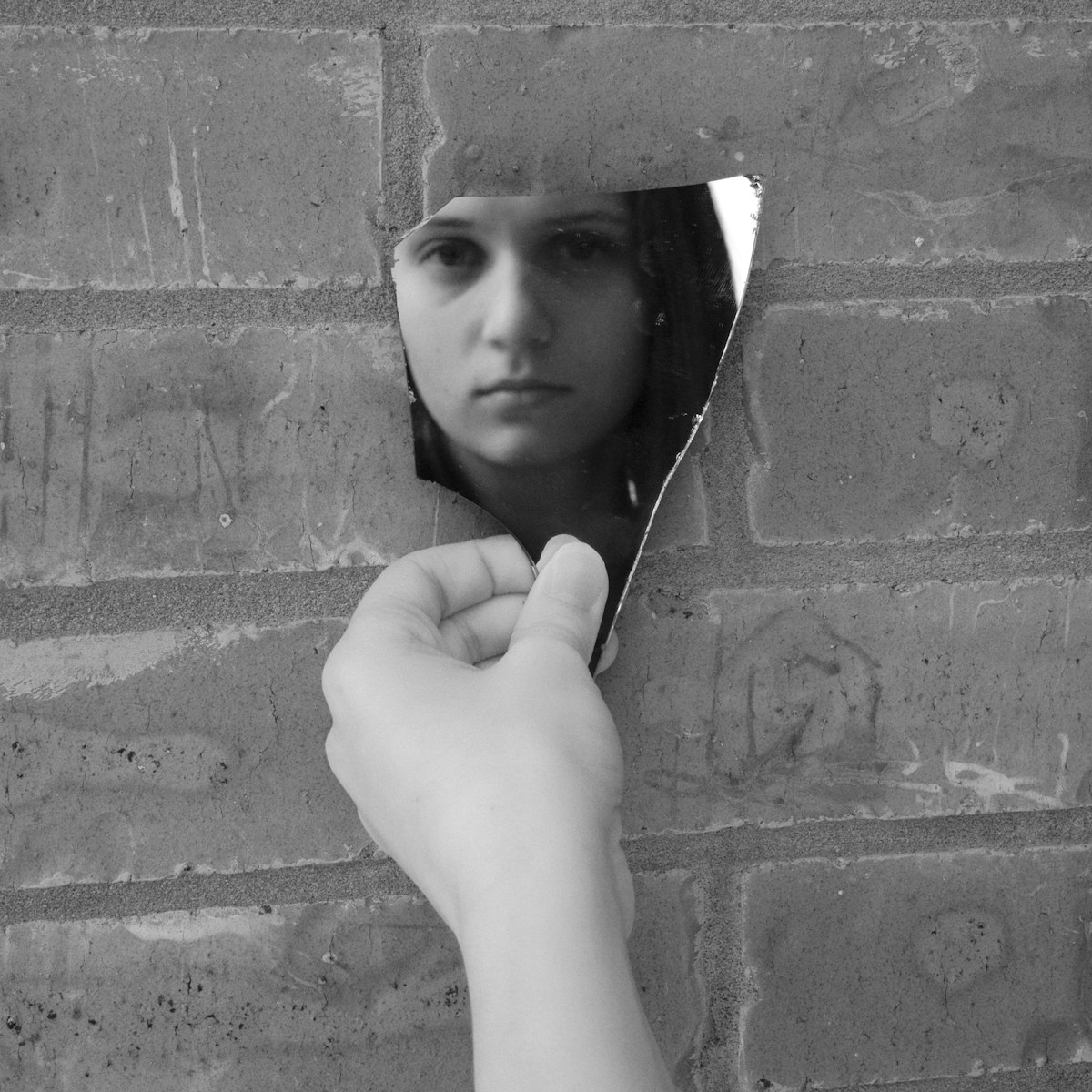The self-concept of individuals with giftedness is a complex topic often overlooked despite its profound implications. Gifted individuals, especially adolescents, face a unique set of challenges that can significantly impact how they perceive themselves. Their self-concept, which is essentially the understanding one has of their own abilities, strengths, and weaknesses, tends to be nuanced by various internal and external factors, such as stereotypes, societal expectations, and personal experiences.
One major aspect affecting the self-concept of gifted individuals is the prevalence of stereotypes. Gifted adolescents are often depicted in the media as academically capable but socially awkward or physically unfit. Such portrayals contribute to a skewed self-image, leading these young individuals to internalize these ideas, sometimes feeling pressure to live up to unrealistic expectations of intellectual performance while doubting their social and physical capabilities. This tension can lead to a negative self-concept, especially in areas like body image or athletic skills, which are typically undervalued in these portrayals.
Moreover, the gifted population is not immune to body image issues and eating disorders, which are common among adolescents in general. Due to the emotional sensitivity often observed in gifted youth, these individuals might be more vulnerable to the influence of societal beauty standards. For instance, gifted adolescent girls may experience increased pressure to meet societal ideals of attractiveness, which, coupled with their high levels of introspection, can result in significant dissatisfaction with their bodies. Studies have shown that the physical dimension of self-concept—how one views their appearance and physical abilities—is often weaker in gifted adolescents compared to their peers, making them susceptible to issues like low self-esteem and even eating disorders.
Personal characteristics, such as perfectionism, also play a significant role in shaping the self-concept of gifted individuals. Perfectionism is common in gifted youth, sometimes motivated by high expectations from parents or teachers, or by their own desire to excel. While striving for excellence can be positive, when perfectionism becomes maladaptive, it leads to unrealistic standards and harsh self-criticism. This may particularly affect their self-concept related to body image, as they may apply the same rigid standards to their physical appearance as they do to their academic work.
Biological factors, such as age and gender, further complicate the picture. As gifted children grow, they encounter typical developmental challenges, including the struggle with body changes during puberty. Gifted girls, in particular, often face heightened societal pressures regarding body image, which can negatively affect their self-concept, especially if they feel they cannot match the prevalent beauty ideals. Boys, on the other hand, may experience dissatisfaction related to physical strength or athletic ability, especially given the stereotype that intellectual prowess excludes physical competence.
The context in which gifted individuals develop also matters greatly. Schools, family environments, and peer relationships all influence how these young people see themselves. A supportive environment that recognizes and values diverse strengths—academic, social, emotional, and physical—can help foster a healthier self-concept. Conversely, environments that focus solely on intellectual achievement without addressing emotional and social needs may exacerbate issues of low self-esteem and negative self-image.
Physical activity can serve as a protective factor in this regard. Research suggests that participation in sports or regular physical exercise helps improve not only physical health but also contributes positively to the self-concept of gifted adolescents. It enhances their perception of their physical abilities and can alleviate stress and anxiety, fostering a more balanced view of themselves.
Ultimately, understanding the unique self-concept challenges faced by gifted individuals requires a comprehensive approach. We must consider how stereotypes, societal pressures, biological changes, and environmental factors interact to shape their self-image. Supporting gifted adolescents involves acknowledging these challenges and encouraging them to value themselves holistically—not only for their intellectual abilities but also for their physical, social, and emotional attributes.



